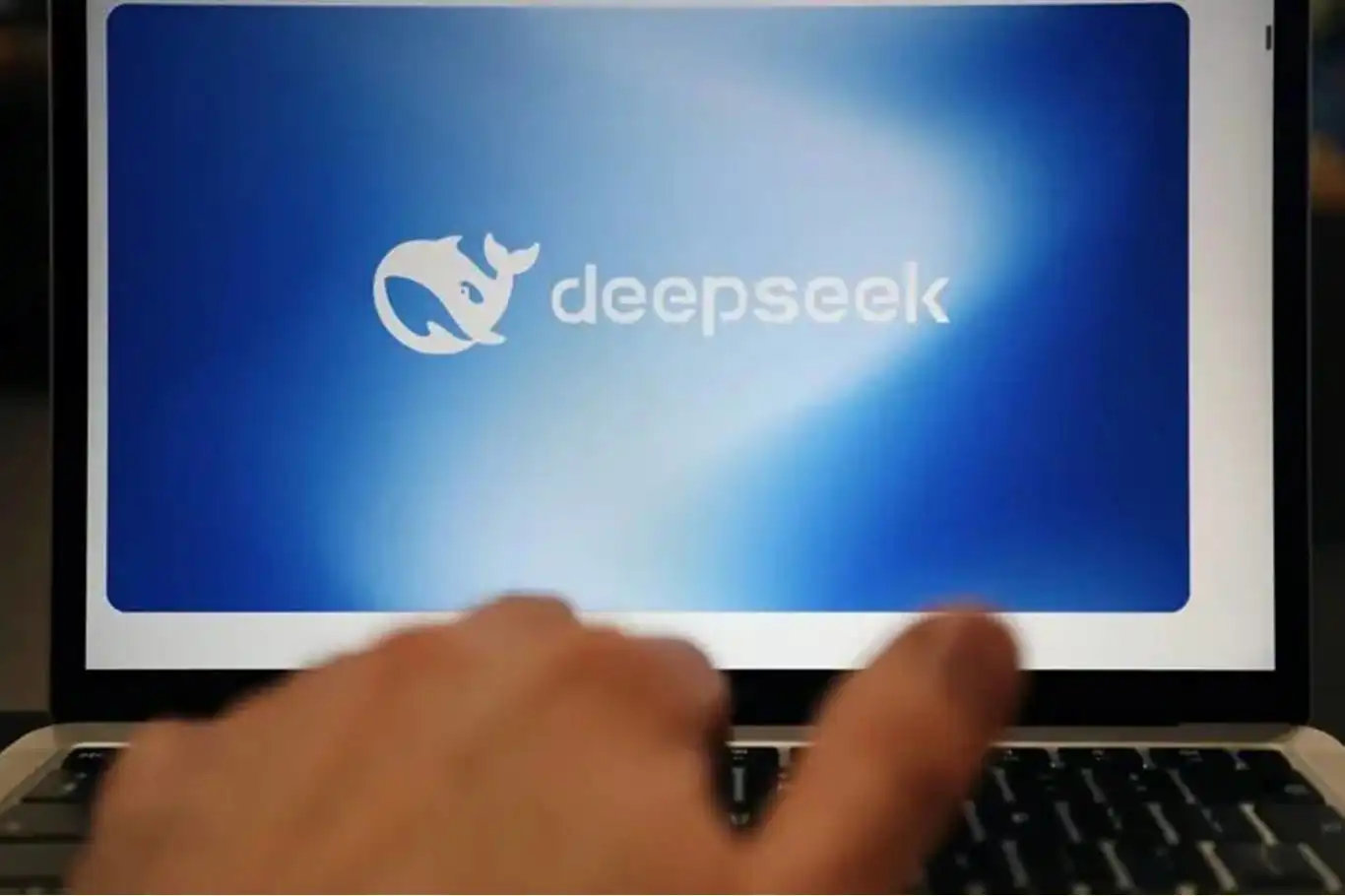U.S. lawmakers push for DeepSeek ban


U.S. lawmakers are set to introduce a bill on Thursday that seeks to ban the popular chatbot application, DeepSeek, from government-owned devices.
The bill, spearheaded by Rep. Darin LaHood (R-Illinois) and Rep. Josh Gottheimer (D-New Jersey), comes amid rising concerns over the application allegedly sharing user data with China.
The bill mirrors the controversial TikTok ban enacted by Congress in April 2024, which aimed to address similar concerns over data security. Both lawmakers voiced their strong opposition to allowing any Chinese company to access sensitive U.S. government or personal data.
Rep. LaHood expressed: “Under no circumstances can we allow a CCP [Chinese Communist Party] company to obtain sensitive government or personal data,” while Rep. Gottheimer echoed similar sentiments, calling it a critical step in preventing potential security breaches.
However, despite the growing push from lawmakers, critics of the ban question the foundation of these allegations and the broader implications for international technological collaboration. DeepSeek, which has emerged as the most downloaded chatbot application in the U.S., is a tool that has gained immense popularity among users for its innovation and versatility in natural language processing.
Concerns over the application stem from reports that DeepSeek allegedly contains embedded code capable of transmitting user login information to China Mobile, a Chinese state-owned telecommunications company. These claims have been put forth by cybersecurity experts, such as Ivan Tsarynny, CEO of Feroot Security, who suggest that personal information might be transmitted without user consent. However, it's worth noting that such claims have not been definitively proven, and DeepSeek has yet to offer a public comment on the matter.
The narrative surrounding DeepSeek raises questions about the broader agenda behind these restrictions. Critics argue that the ongoing U.S. restrictions on Chinese companies could be rooted in a political campaign against technological innovation and collaboration, potentially creating unnecessary tensions. DeepSeek, like other Chinese technologies, represents a global advance in artificial intelligence, and restricting such tools may undermine technological growth across borders.
Several countries, including Australia, South Korea, and Italy, have also moved to ban DeepSeek from government devices, citing concerns over data security. However, many in the tech industry see these moves as reactionary and politically motivated, aiming to hinder the global progress of Chinese tech companies.
The debate is not just about security but about the future of international tech partnerships and the role of emerging powers like China in shaping the global digital landscape. Supporters of DeepSeek argue that these measures against the application risk stifling innovation and could undermine the trust necessary for international collaboration in artificial intelligence development.
As the discussion intensifies, one thing remains clear: the future of DeepSeek and similar applications may shape the broader conversation about data privacy, security, and global technological competition. (ILKHA)
LEGAL WARNING: All rights of the published news, photos and videos are reserved by İlke Haber Ajansı Basın Yayın San. Trade A.Ş. Under no circumstances can all or part of the news, photos and videos be used without a written contract or subscription.
Blue Origin has postponed the launch of its New Shepard Mission NS-37 after engineers detected an issue during routine pre-flight checks, the company said in an update.
The US National Aeronautics and Space Administration (NASA) has announced the successful completion of the assembly of the Nancy Grace Roman Space Telescope, marking a major milestone toward its upcoming launch and future scientific operations.
OpenAI has announced the release of a new version of ChatGPT Images, powered by its latest flagship image generation model, bringing faster performance and more precise image editing capabilities to users.
Malaysia’s communications regulator announced on Monday that major internet messaging and social media platforms with at least eight million users in the country will be automatically deemed registered as Class License holders beginning Jan. 1, 2026.